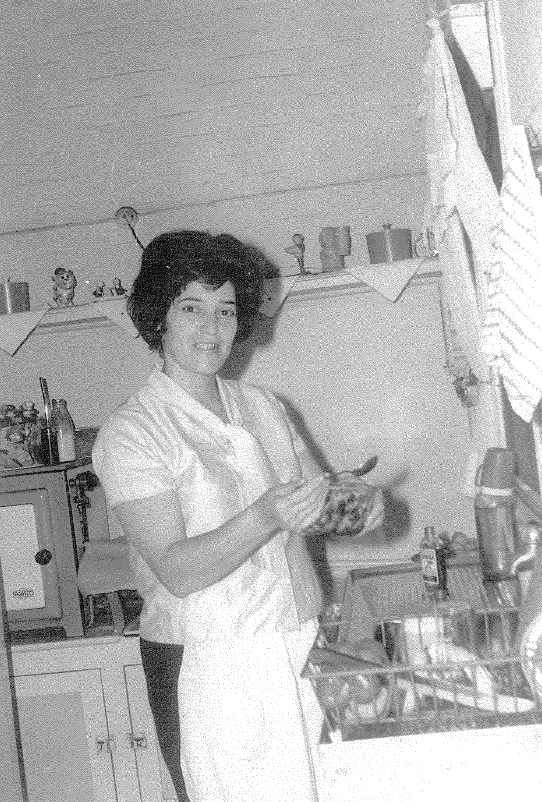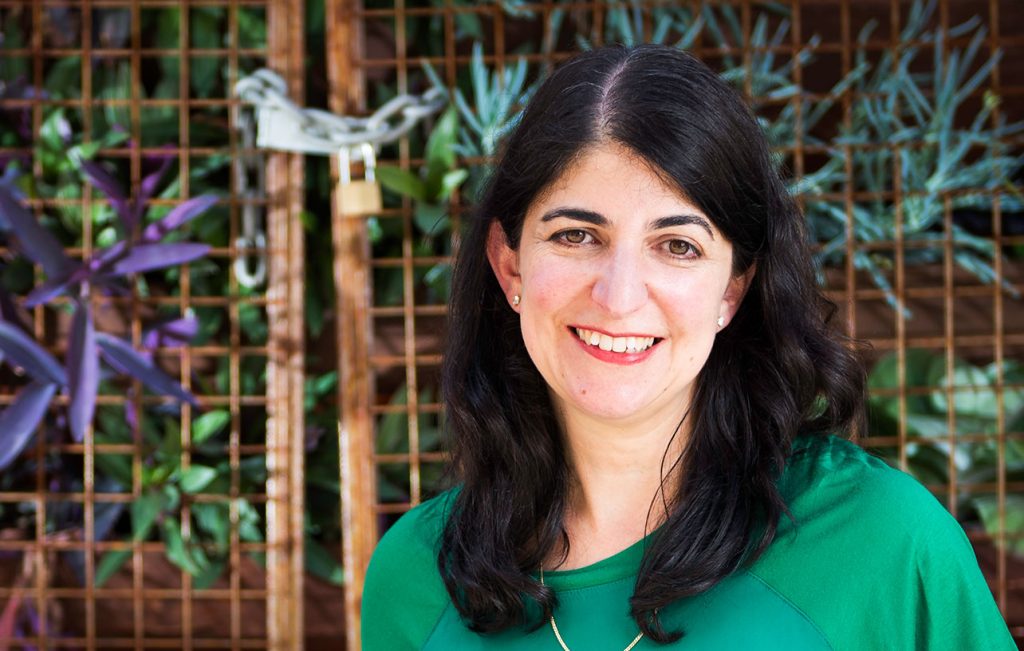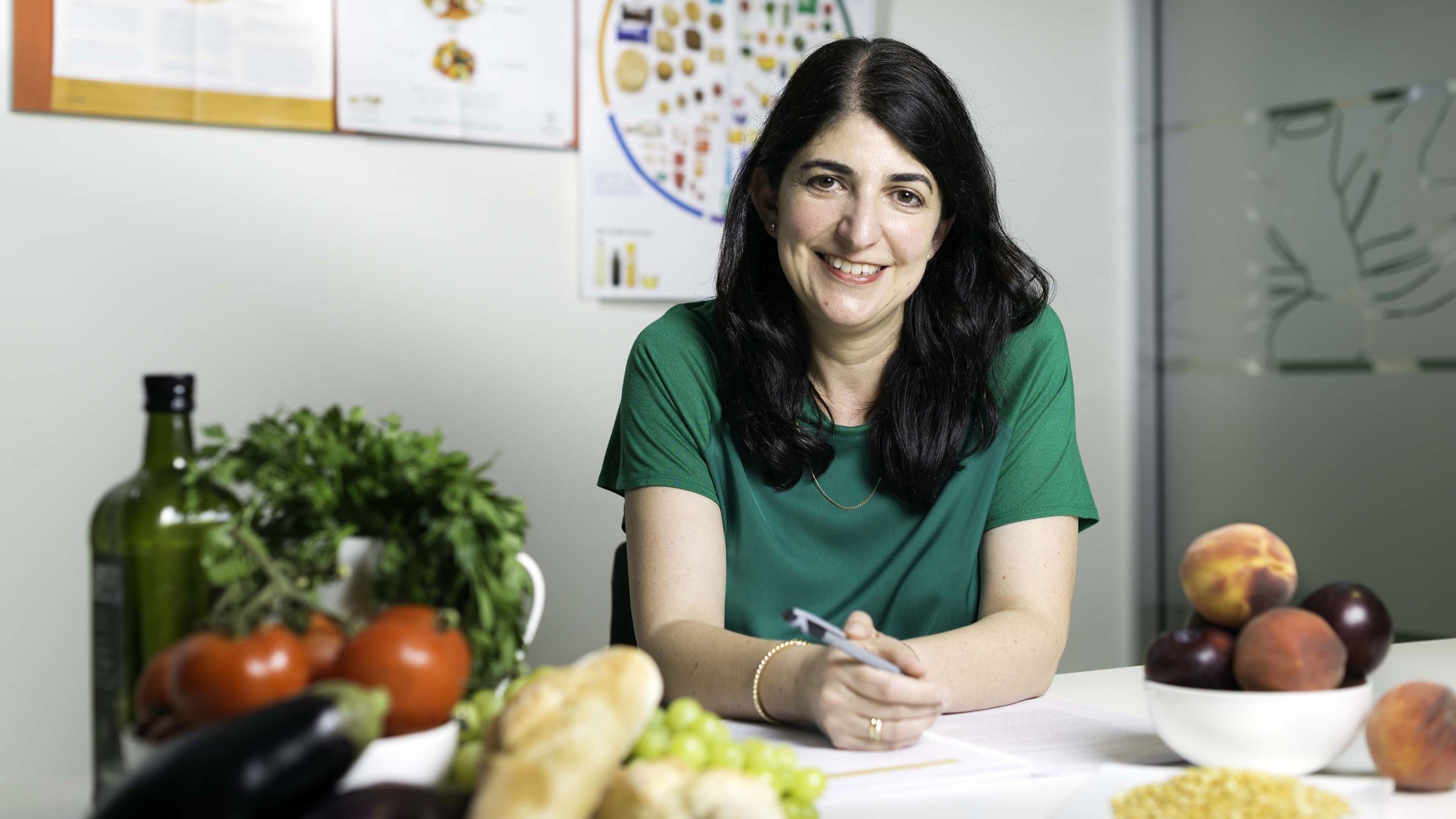By Martina Simos.
Learning to count is not normally done using real herbs, but this is how one researcher from the University of South Australia learned about herbs and spices.
As a youngster, Dr Evangeline Mantzioris would watch and count to 20 as her mother used herbs and spices in her cooking.
“She would tell me the more that were in the dish the better it would be for us,” Dr Mantzioris tells The Greek Herald.
The herbs would come from her father’s garden and the youngster soon learned to recognise parsley, mint, rosemary, dill, oregano and bay leaves.
“And of course, there was the oregano that was bought as bushels,’’ she says.
“I would remember sitting down with Mum and rubbing the bushels to get all the oregano leaves off.”
Her father also developed his own spice mix that he adds to meat – a secret he won’t divulge to this day.


Benefits of a Mediterranean diet:
This exposure to herbs and spices from an early age has led her to becoming involved in a study researching their benefits when used in the Mediterranean diet and their link to improving fertility in couples wanting to have children.
While it has been found that the Mediterranean diet has benefits to cardio-vascular health, studies on the inclusion of herbs and spices are few.
“In Australia we know very little about the types of herbs and spices consumed and used in cooking,” Dr Mantzioris says.
“We have national dietary surveys in Australia that capture what foods and drinks we consume and how much of them we eat, but the surveys don’t capture how much herbs and spices we eat.
“This research is important because finding out more information about the use of herbs and spices in Australia will help nutritionists and other health professionals to provide more accurate information and advice about their use.
“The purpose of this research is to collect information on the herbs and spices consumed and used in cooking and food preparation in Australian households and to understand more about the reasons why these herbs and spices are chosen.”

The study is being conducted by Monash University, the University of the Sunshine Coast and the University of South Australia.
Researchers have found there is an association between anti-inflammatory diets – such as the Mediterranean diet – and fertility, which they say will help couples hoping to start a family.
“Research shows inflammation can affect fertility for both men and women, affecting sperm quality, menstrual cycles, and implantation,” Dr Mantzioris says.
“So, in this study we wanted to see how a diet that reduces inflammation – such as the Mediterranean diet – might improve fertility outcomes and other health outcomes such as cardiovascular disease, diabetes and arthritis.
“Modifying preconception nutrition is a non-invasive and potentially effective means for improving fertility outcomes.’’
The researchers found that an anti-inflammatory diet with omega-3 polyunsaturated or ‘healthy’ fats, flavonoids (such as leafy green vegetables), and a limited amount of red and processed meat – can improve fertility.
The study also investigated whether Australians adhere to the dietary principles of a Mediterranean Diet through their usual dietary intake.
If you want to partake in the research study, you can enter the online survey at: https://bit.ly/45EYs4w. This project has been approved by the University of South Australia’s Human Research Ethics Committee (Ethics Protocol: 205159).

